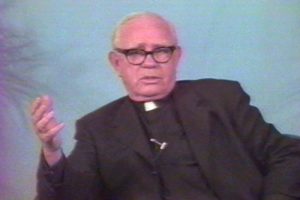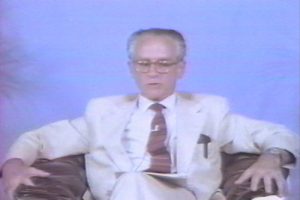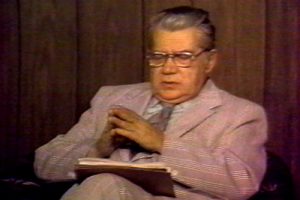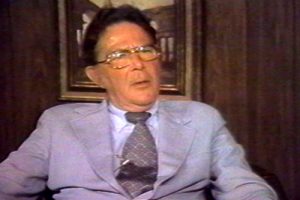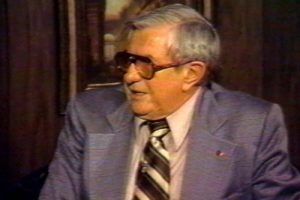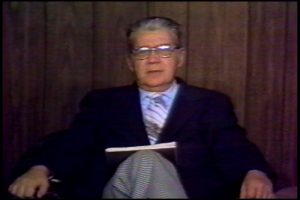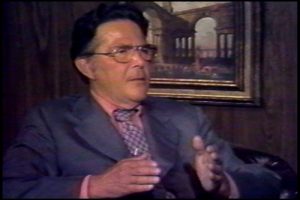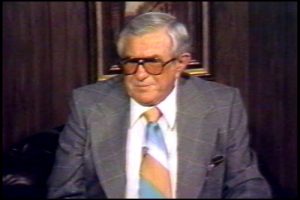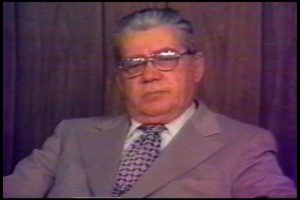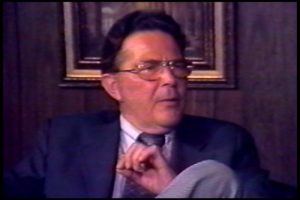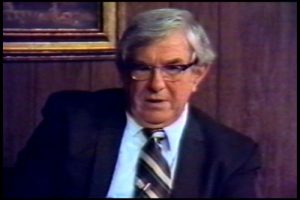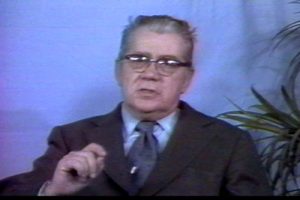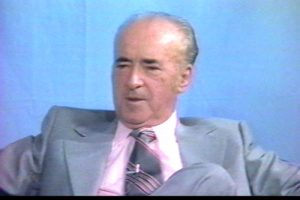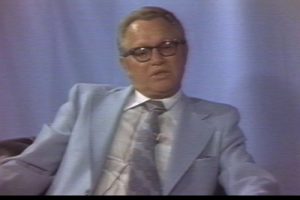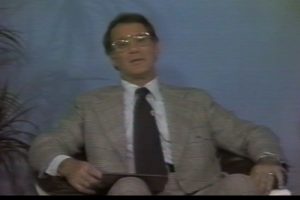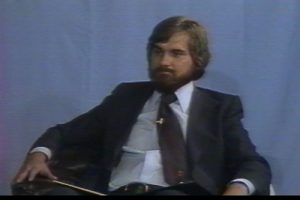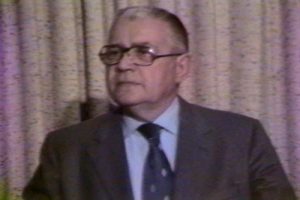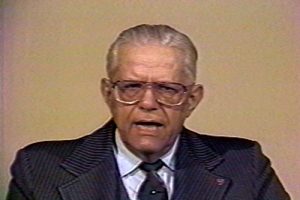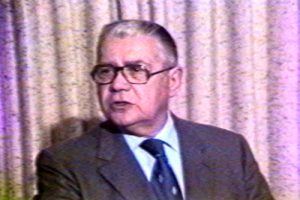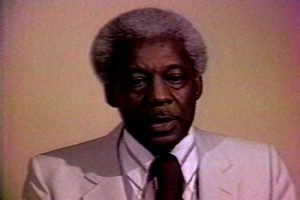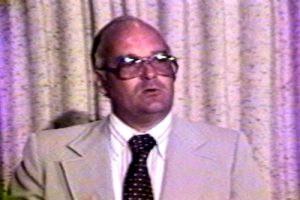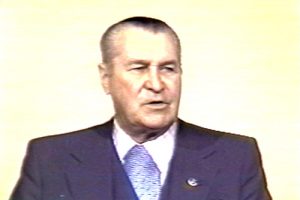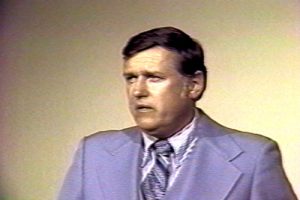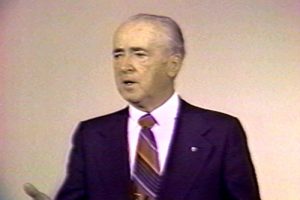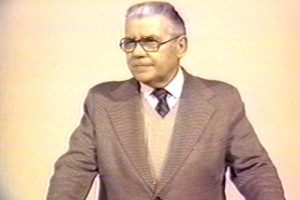 Uncategorized
Uncategorized
506: Outside Contracting
Highlights:
Outside contracting involves Management sending out work to an outside firm over the Union’s objection.
Where the Contract is Silent Regarding Outside Contracting:
The Union regards Management contracting out work as interfering with the the labor agreement.
Management sees the management’s rights clause as permitting the employer to adapt to business conditions as needed unilaterally.
Where the Employer has a Temporary Change in Production:
The Union view is to let Management proceed with temporary outside contracting to meet unexpected needs.
The Management view is that it can decide whether or not it wants to staff-up.
Guideposts:
When the outside contractor has the work to begin with, decisions are entirely Management’s.
When the bargaining unit has the work to begin with, Management should first bargain with the Union.
| Format | Three member panel discussion |
|---|---|
| Length | 58 Minutes |
| Moderator | Leo Brown, S.J., Labor Arbitrator, past President, National Academy of Arbitrators, former Professor of Industrial Relations, St. Louis University |
| Management’s View | Robert Webster, Manager of Human Resources, Sun Oil Company |
| Labor’s View | John Fillian, Esq., General Counsel to the UAW |
